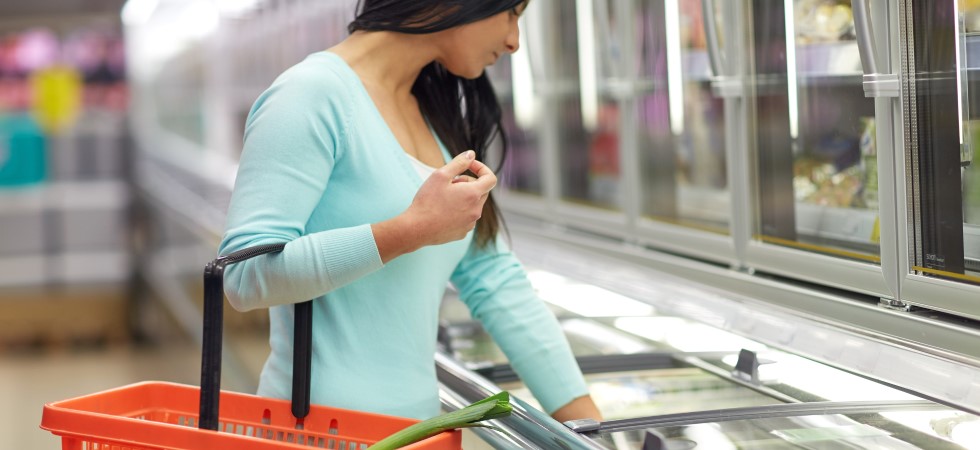Figures from the British Retail Consortium (BRC) suggest that while overall retail sales grew in February, food sales stagnated amid the rising cost of living.
BRC said that the pandemic has meant much of retail bounced between being open and closed, significantly impacting sales and changing consumer behaviours.
Overall, retail sales increased by 6.7% in February, against an increase of 1% in February 2021. This is ahead of the 3-month average growth of 6.5% but worse than the 12-month average growth of 11.3%. On a two-year basis, total retail sales grew 4.9% during February compared with the same month in 2020.
Over the three months to February, food sales increased 0.1% on a total basis and decreased 0.3% on a like-for-like basis. This is below the 12-month total average growth of 1.7%. For the single month of February, food was in decline year-on-year.
Increasing uncertainty
Helen Dickinson OBE, chief executive of the BRC, said: “The future is looking increasingly uncertain, with current demand unlikely to be sustained. Consumer confidence, falling in recent months, will likely tumble further against the backdrop of the current geopolitical events.
“The cost of living will continue to spiral due to global inflation, increasing energy bills and the rise in national insurance this spring. With households facing lower disposable income, discretionary spend will be one of the first things to feel the squeeze.”
A resilient performance
Susan Barratt, CEO of the Institute of Grocery Distribution (IGD), commented: “Food and drink sales put in a resilient performance in February and although the market isn’t performing at the same rate as the lockdown-boosted growth of 2021, it remains elevated compared to 2020. Part of this will be down to inflation of course, which is undoubtedly playing a role, as shoppers face the fastest rise in the cost of living in 30 years.”
She added: “Against this backdrop, it’s no surprise that IGD’s Shopper Confidence Index continued its decline in February, reaching another all-time low since the index started in 2013. Anxiety among shoppers has no doubt been exacerbated by continued rising inflation, Ofgem’s confirmation that the energy price cap will increase by 54% in April and uncertainty over how Russia’s intervention in Ukraine will impact supply chains and food prices.”









